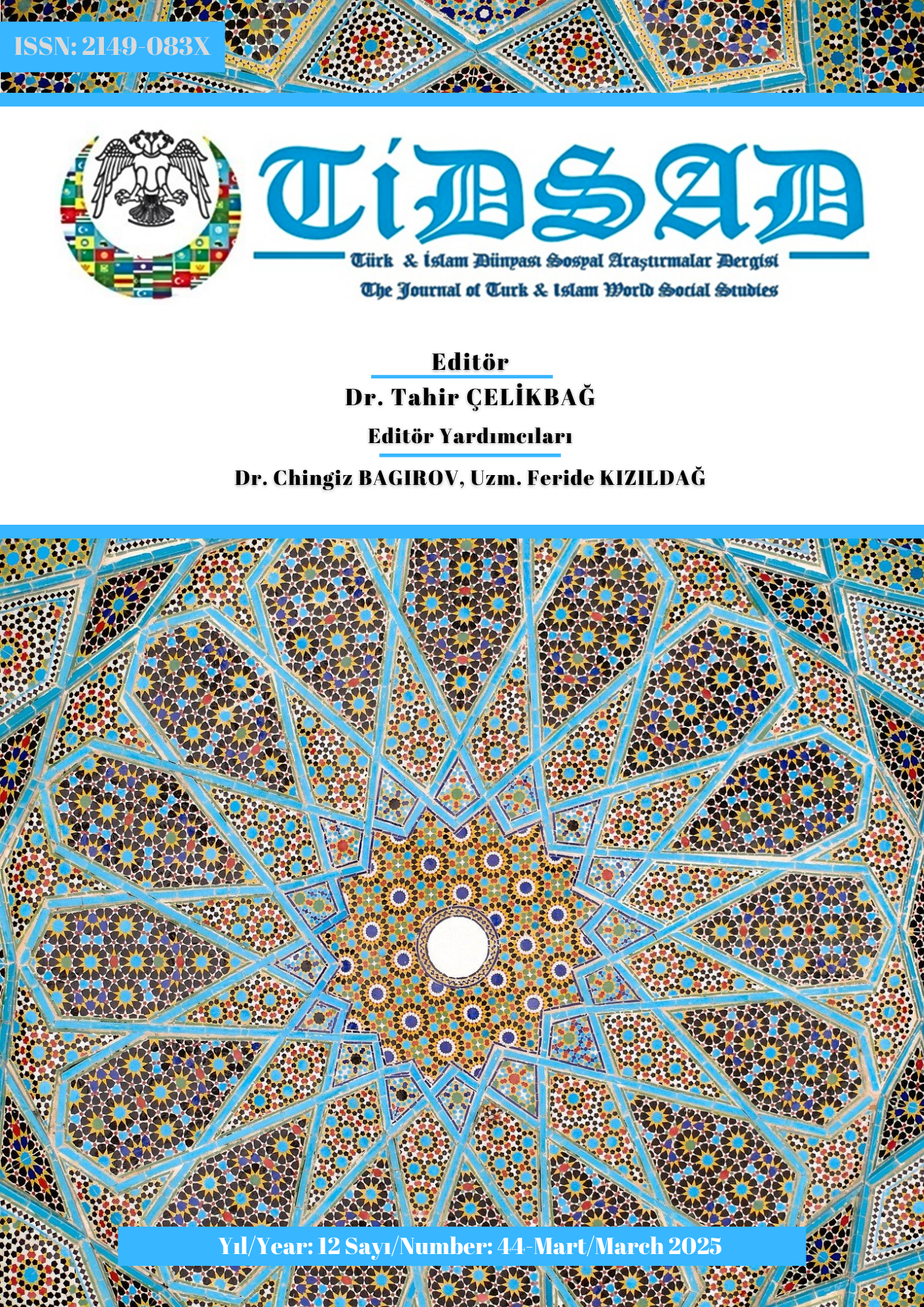Author :
Abstract
Ceza mahkumiyetine bağlı hak yoksunlukları, mahkûmiyet hükmünün sonucu olarak doğrudan ya da dolaylı olarak ortaya çıkan, kişiyi belirli hak ve yetkileri kullanmaktan veya bir görevi ya da mesleği icra etmekten sürekli veya geçici bir biçimde mahrum bırakan yaptırımlardır. İslam hukukunda ceza mahkûmiyeti dolayısıyla ortaya çıkan hak yoksunlukları genellikle fer’i ceza veya tamamlayıcı ceza olarak ortaya çıksa da bazı hallerde bu hak yoksunluklarına asli ceza olarak da hükmedilmektedir. Bazen de ortaya çıkan bir hak yoksunluğu dolaylı olarak diğer bir hak yoksunluğuna yol açabilmektedir. Örneğin, çeşitli suçların işlenmesi sonucu ortaya çıkan adalet vasfının kaybı, şahitlik yapma ehliyetinin kaybı, seçme ve seçilme ehliyetinden yoksunluk ve özellikle kadılık, noterlik (kâtib-i adl) vb. gibi önemli kamu görevlerini icra etmekten yoksunluğa yol açabilmektedir.
İslam ve Osmanlı Hukukunda ceza mahkûmiyetine bağlı hak yoksunluklarını sistematik bir biçimde inceleyen münhasıran hak yoksunlukları konusuna ilişkin bilimsel bir çalışmaya rastlanılmamıştır. Bu nedenle İslam ve Osmanlı Hukukunda ceza mahkumiyeti nedeniyle ortaya çıkan hak yoksunlukları karmaşık bir niteliğe sahiptir. Çalışmamızda seçme ve seçilme hakkından mahrumiyet, tanıklık ehliyetinin kaybı, miras hakkından mahrumiyet, memuriyetten azil, ticaretten men ve meslekten çıkarma, teşhir, ilan, hukuku medeniyeden ıskat ve muamelat-ı adiye-i zatiyeden ıskat gibi ceza mahkumiyeti kaynaklanan başlıca hak yoksunlukları belirlenmiş olup bu yoksunluklar sırasıyla incelenmiştir.
Keywords
Abstract
Deprivation of rights due to a criminal conviction are sanctions that arise directly or indirectly as a result of the conviction, which deprive the person permanently or temporarily from exercising certain rights and powers or performing a duty or profession. In Islamic law, deprivations of rights arising from criminal convictions are usually imposed as a derivative or complementary punishment, but in some cases, these deprivations of rights are also imposed as a primary punishment. Sometimes one deprivation of rights may indirectly lead to another deprivation of rights. For example, the loss of the quality of justice resulting from the commission of various crimes may lead to the loss of the capacity to testify as a witness, deprivation of the capacity to elect and be elected, and especially deprivation of the ability to perform important public duties such as qadi, notary (kātib-i adl), etc.
In Islamic and Ottoman Law, there is no scientific study that examines the deprivation of rights due to criminal conviction in a systematic manner exclusively on the subject of deprivation of rights. Therefore, deprivations of rights arising from criminal convictions in Islamic and Ottoman Law have a complex nature. In our study, the main deprivations of rights arising from criminal conviction such as deprivation of the right to vote and be elected, loss of the capacity to testify, deprivation of the right of inheritance, dismissal from civil service, disqualification from trade and profession, exhibition, announcement, exclusion from civil law and exclusion from transactions-i adiye-i zatiyya have been determined and these deprivations have been examined respectively.





